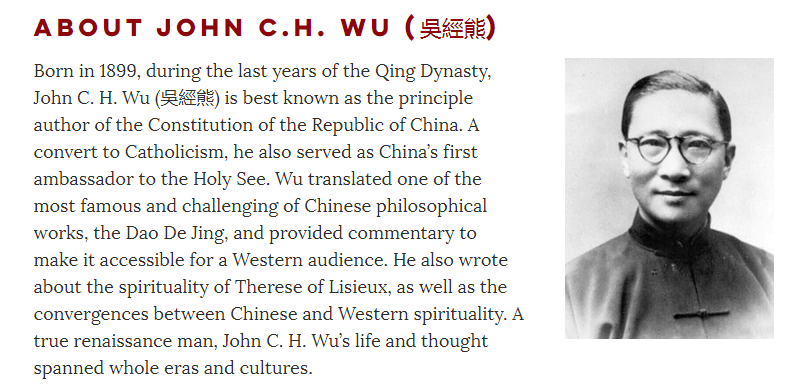The current Wikipedia article on Taoism contains a relatively prominent section devoted to arguments in favor of an alleged similarity between Taoism and Christianity.
Some authors have dealt with comparative studies between Taoism and Christianity. This has been of interest for students of history of religion such as J.J.M. de Groot, among others. The comparison of the teachings of Laozi and Jesus of Nazareth has been done by several authors such as Martin Aronson, and Toropov & Hansen, who believe that they have parallels that should not to be ignored. In the opinion of J. Isamu Yamamoto the main difference is that Christianity preaches a personal God while Theist Taoism does not. Yet, a number of authors, including Lin Yutang, have argued that some moral and ethical tenets of these religions are similar.
To my current understanding, Taoism and Christianity propose very different ideas. Taoism argues that individuality is ultimately an illusion, in Christianity individual souls are promised eternal life. Taoism is very skeptical of how much we may hope to to grasp as rational knowledge, for Christianity the logos is key. I have no doubt that one can find similar ethical rules in both, but then such rules (do not kill, etc.) are quite universal to all religions: such as similarity would be general, not specific to the two.
Am I mistaken or could it be that the current Wikipedia article is overly biased e.g. towards a Christian view on Taoism where it makes this comparison? Are the cited authors known as representatives of Christian philosophy?
UPDATE On reflection, the most significant similarity between Taoism and Christianity may be that at their cores (and perhaps more so than other religions) they cater to the poor (e.g. Christianity: so the last will be first, and the first will be last; e.g. Taoism: many historical accounts of Chinese who adopted Confucianism at the peaks of their lives and turned to Taoism after setbacks). However, this is not mentioned in the article.

